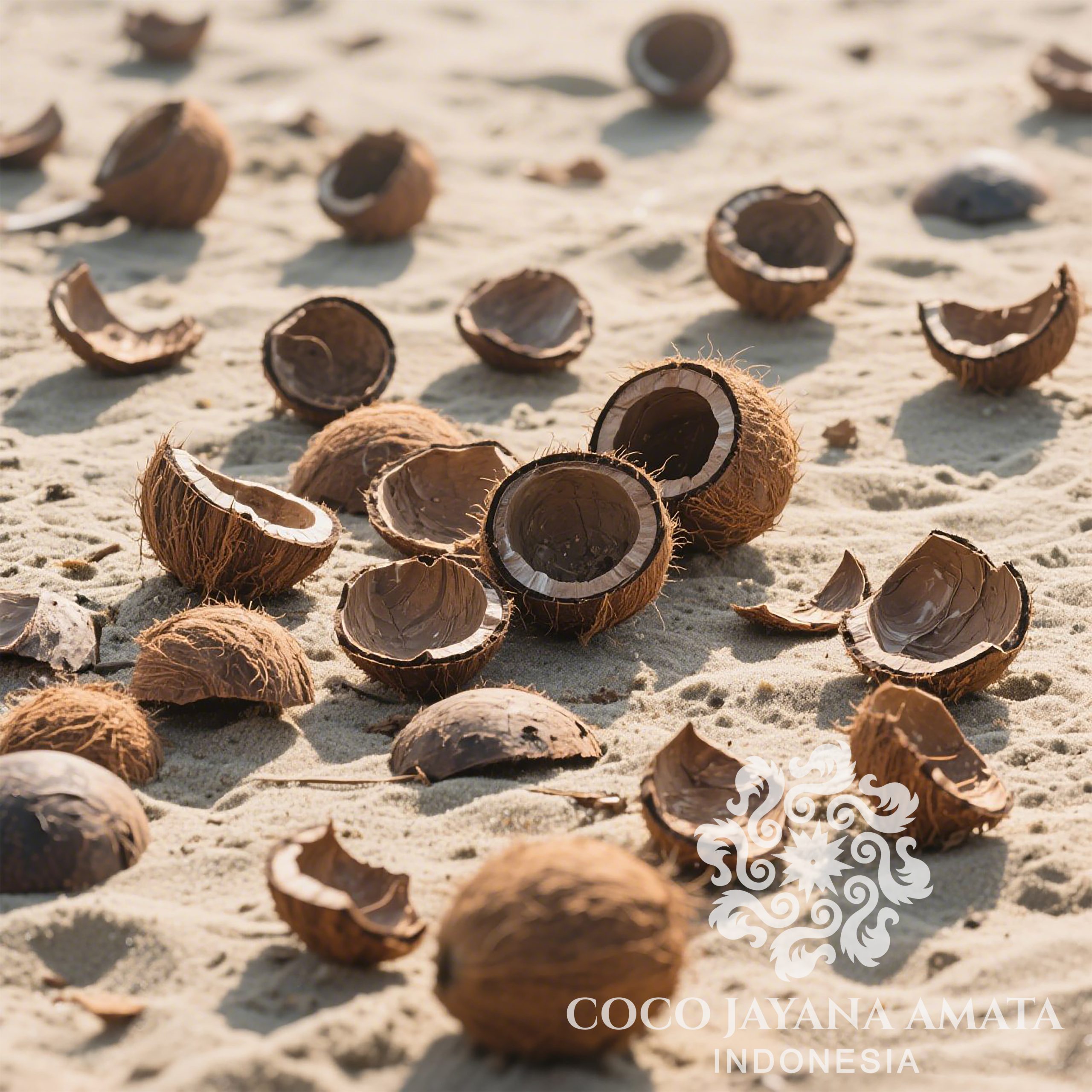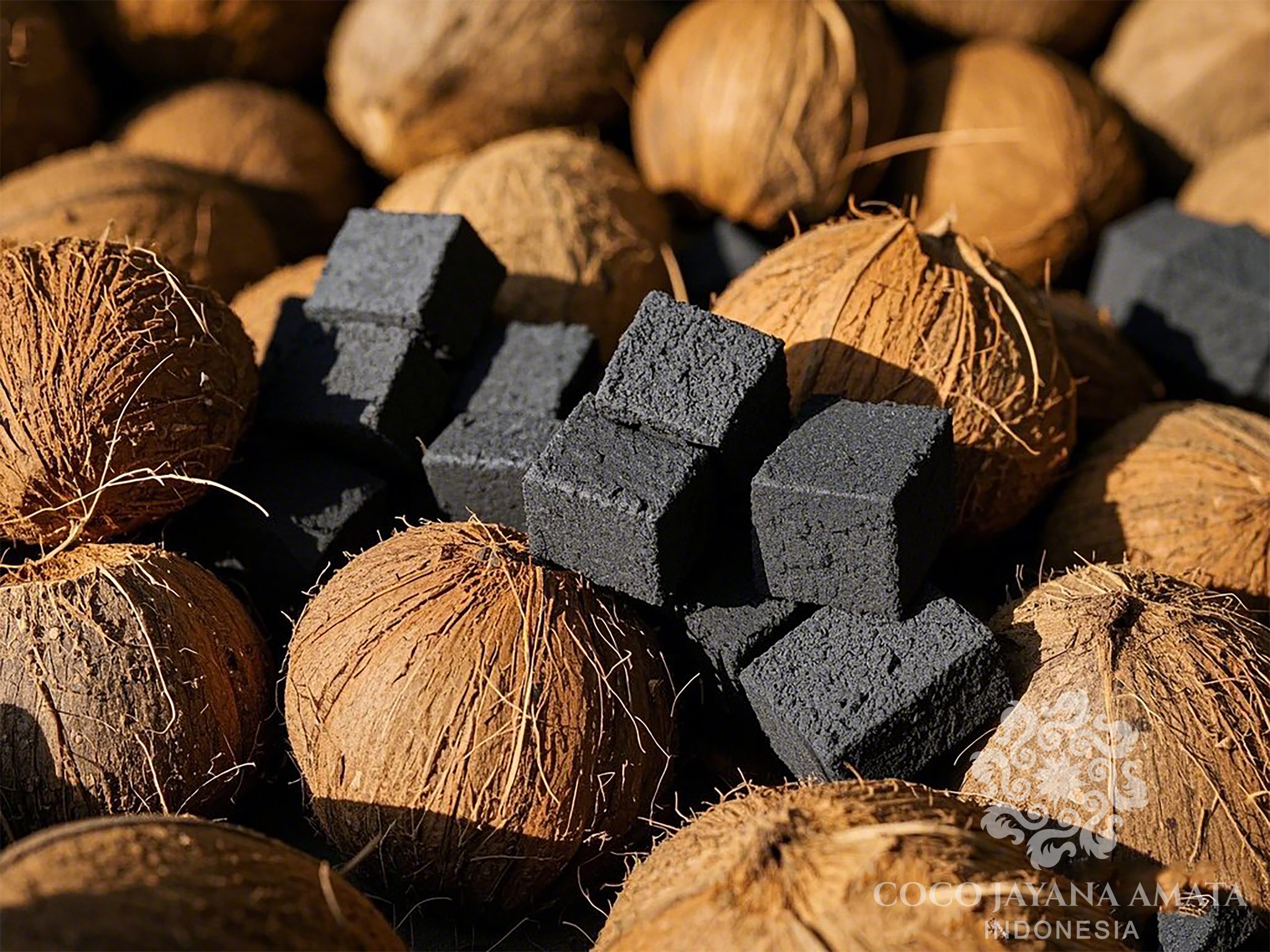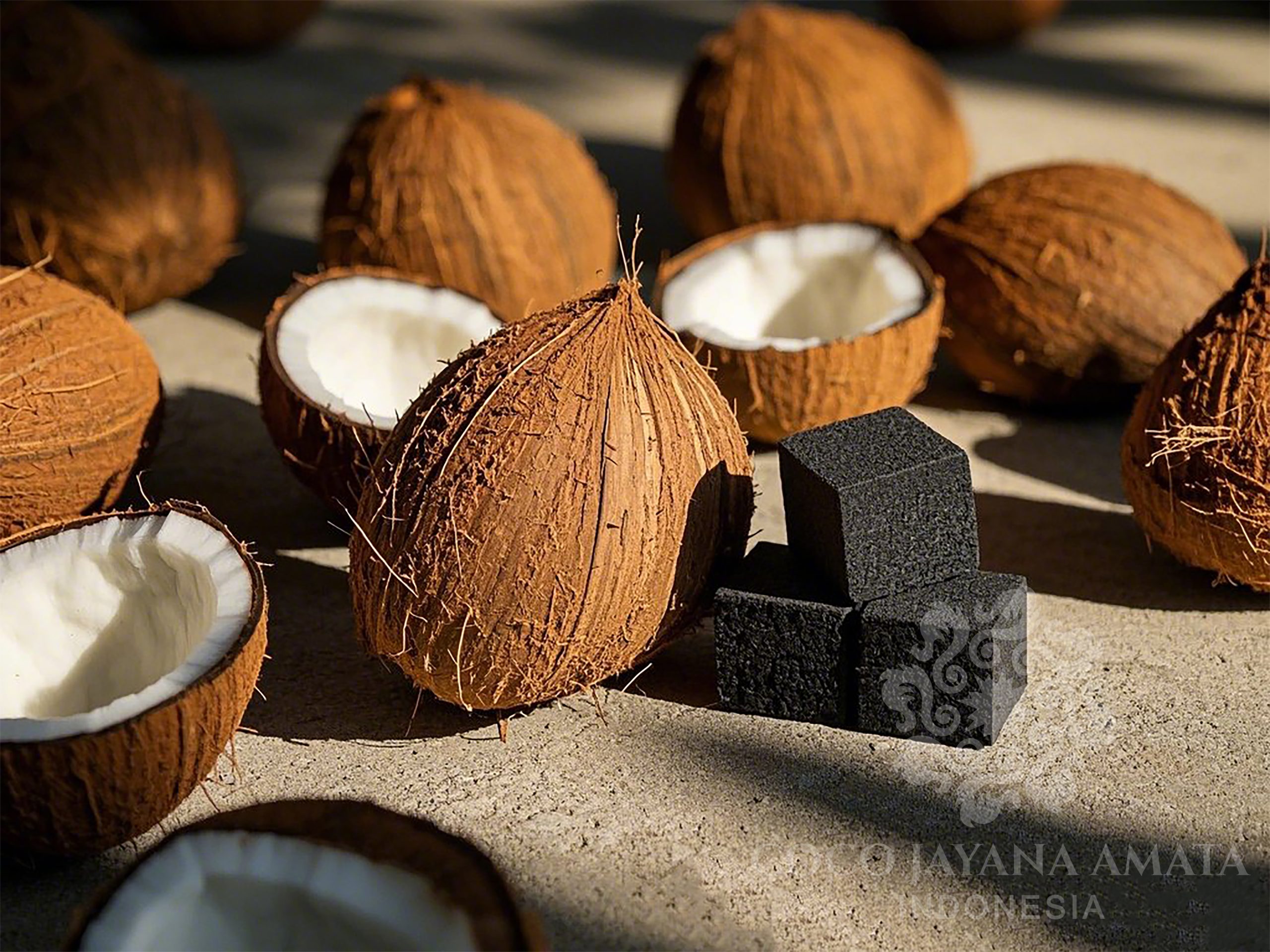Indonesia, through the Ministry of Agriculture (Kementan) and its Agricultural Quarantine Agency (Barantan), has emerged as a dominant force in the global coconut industry. According to Barantan, there are at least 13 types of coconut derivative commodities from Indonesia that have successfully penetrated international markets. These world-class processed coconut products are export to dozens of countries across six continents, including Asia, Europe, Australia, Africa, North America, and South America.
While other major coconut-producing nations include the Philippines, India, Brazil, and Sri Lanka, Indonesia currently holds the top position in global coconut product exports. Barantan’s 2020 records show that India imported 59.3 thousand tons of Indonesian coconut products, while Brazil imported 1.2 thousand tons, showcasing strong demand from major international buyers.
Vast coconut plantation areas across multiple islands support Indonesia’s leadership in this sector, according to 2017 data from the Ministry of Agriculture.:
- Sumatra leads with 1.05 million hectares (32.90%)
- Java follows with 781.67 thousand hectares (23.2%)
- Sulawesi holds 781.23 thousand hectares (22.49%)
- Other regions such as Papua and Maluku, Bali and Nusa Tenggara, and Kalimantan account for the remaining plantation areas, totaling hundreds of thousands of hectares each.
This extensive cultivation base not only ensures a consistent supply of raw materials but also strengthens Indonesia’s position as a reliable supplier in the global coconut industry. The country’s strategic location, growing production capabilities, and strong export performance make it the ideal hub for developing and expanding the coconut commodity sector worldwide.
With increasing global demand for natural, sustainable, and versatile coconut base products from coconut oil and desiccated coconut to charcoal briquettes and coconut sugar, Indonesia is poised to further solidify its role as the world’s leading coconut product exporter.



